From the podium to competing on the job market
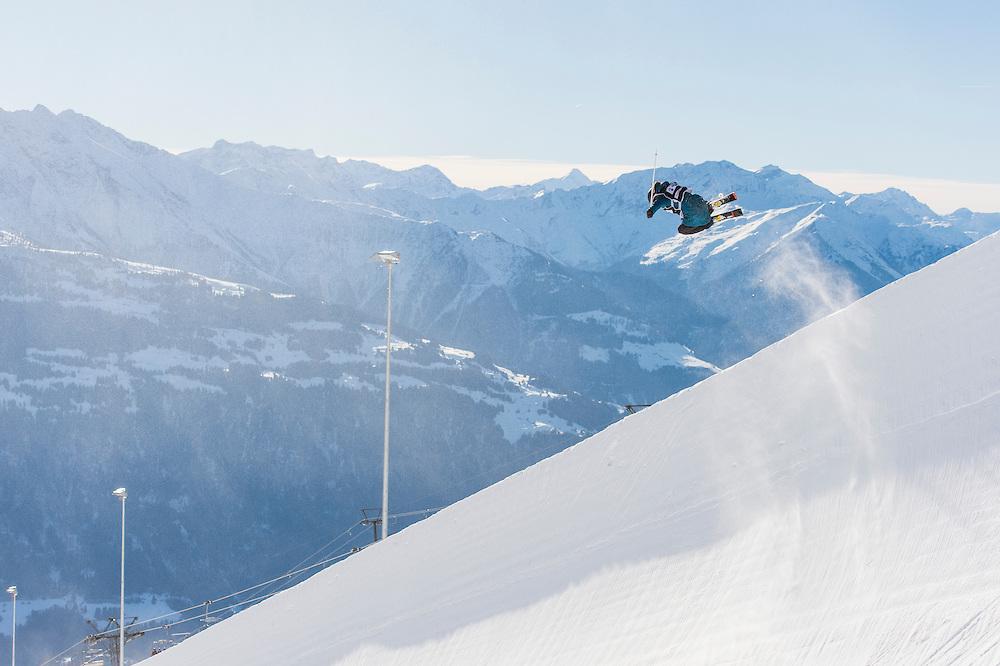
She’s an Olympic athlete and three-time world champion but will one day need to find a job. Virginie Faivre is already thinking about making the transition and – like many elite competitors – wishes Switzerland would do more to facilitate study for sportsmen and women.
Retirement is not the first word that comes to mind on meeting the 33-year-old FaivreExternal link with her glowing complexion and easy smile. Yet the Swiss freestyle skier and world half-pipe champion started thinking about it in high school.
“I do a sport that’s hard on the body and injuries come really easily,” she tells swissinfo.ch. “I can’t do my sport all my life so I’ve always kept in mind that I need to educate myself and find a job.”
Leaving school to focus on skiing wasn’t an easy decision. Faivre told her family she would return to study at the age of 25 but when the time came, she was still deeply involved in her sport.
An online accounting course seemed a useful compromise. But by the time Faivre had completed her three years of study – cramming most of it into the last six months because of her sport commitments – she knew she would never be an accountant.
Later, an injury put her out of action for the three months necessary to attend Lausanne University and obtain a certificate of advanced studies in sports management.
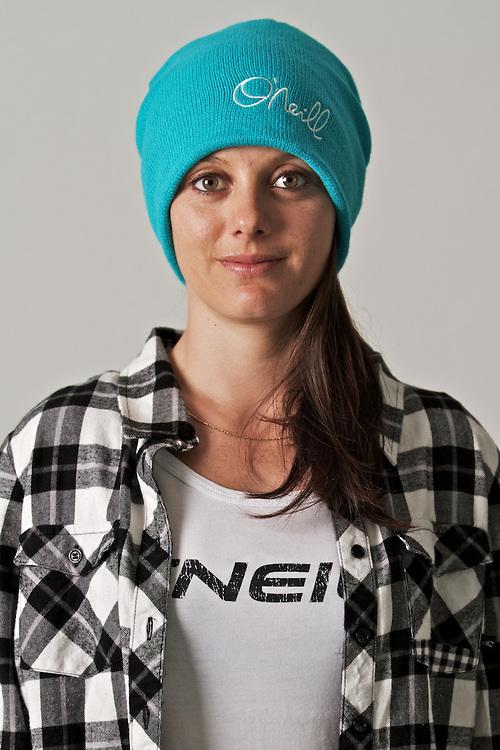
Then came the Sochi 2014 Winter Olympic GamesExternal link. Since her fourth place finish, Faivre has continued to compete but is studying online for a master’s degree – also in sports management – with the Barcelona-based Johan Cruyff Institute. “If you’re a professional athlete, they consider your experience is worth a bachelor,” Faivre explains.
Studying and training
But juggling studies with training and competing as well as handling her own logistics and sponsorship contracts is a struggle, particularly in winter.
“We travel and sometimes I’m not alone, so it’s hard to find a place to study,” Faivre says. “We train until 2pm, eat, have a little break, then do physical training almost until dinnertime. Then it’s late, we’re tired and it’s hard to focus.”
Faivre observes that Switzerland is “starting to do things” to facilitate study for athletes but only in German-speaking cantons.
The concept of a dual career, whereby elite athletes can harmoniously combine sport with study or work, is promoted by the European UnionExternal link. Its recommendations on the subject highlight the need for governments, sport governing bodies, educational institutes and employers to be aware of the importance of creating an appropriate environment for dual careers.
The EU guidelines, which advocate providing a legal and financial framework, refer to research that demonstrates how dual career programmes have health-related, developmental and social benefits for athletes. Such programmes also enable athletes to adapt more quickly to life after sport.
Transitioning
Faivre says Swiss athletes should have more help with their transition, which can be very difficult emotionally.
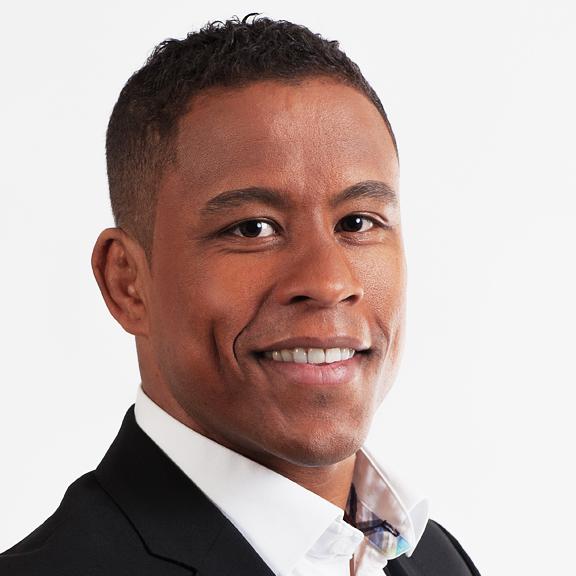
That wasn’t the case for Swiss judoka Sergei AschwandenExternal link, who stopped competing at the age of 32 after his bronze medal at the Beijing 2008 Olympic GamesExternal link. He immersed himself in study, obtaining a bachelor, then a master in sports management. But financially it was tough. “I’m still struggling to recover from those difficult five years,” admits Aschwanden, who is now director of a sports centre in canton Vaud. He believes the situation for athletes has improved but is not yet optimal.
“The advantage and disadvantage of the Swiss political system is that each canton is quite free to do what it wants,” he says. “With regard to sport, my wish would be to see national guidelines established regarding dual career and transition.”
To help athletes worldwide prepare their post-sport careers, the International Olympic Committee (IOC) has since 2005 run an athlete career programme.External link
Adecco
In addition to providing online resources for athletes to develop their life skills and maximise education and employment opportunities, the IOC collaborates with Adecco, the human resource consulting group. Adecco has partnerships with national Olympic committees in more than 30 countries, including Switzerland. Outreach programmes are organised at Olympic Games and in countries without Adecco partnerships.
Faivre and Aschwanden believe the programme is very good but say it needs to be better communicated. “I think the IOC is doing great things and they’re developing the programme more and more,” says Faivre. “But the information doesn’t come to us, we have to look for it.”
National Olympic committees are responsible for delivering the programme and providing personalised services in conjunction with Adecco.
Faivre says it was only when she was on the Olympic programme that she discovered the resources on the website of Swiss OlympicExternal link, the national Olympic committee and umbrella organisation for sports federations.
Patrick Bruggmann, head of athlete and career support at Swiss Olympic, underlines the need for sports federations, cantons and schools to communicate more precisely and efficiently. “There is certainly room for improvement,” he admits.
Athletes can benefit from full- and part-time job placements or internships via AdeccoExternal link as well as advice from Swiss Olympic’s career support teamExternal link. Bruggmann says there is also a network of consulting and career centres with professionals who specifically deal with elite athletes.
Swiss Olympic is working with the Swiss University Sport FederationExternal link (SHSV) on implementing a concept to facilitate the combination of competitive sport and study. Bruggmann says some universities now offer flexible solutions for athletes and have specific regulations.
Faivre observes that France is very advanced in the field of dual career. In 2014, the French government launched a so-called performance pact, an initiative to encourage businesses to support athletes aiming to compete at Rio 2016. Companies either sign image contracts with athletes or give them flexible work contracts and a commitment to employing them when they retire.
Bruggmann says in principle, such a system could be envisaged. He tells swissinfo.ch that Swiss Olympic is currently seeking companies willing to give athletes flexible part-time contracts.
Swiss Olympic wants Switzerland to rank among the eight best nations at the Winter Olympics and the top 25 at the Summer Olympics.
They are ambitious objectives, which depend on keeping more talented athletes in the sport system. Athletes take big risks when they focus on sport at a time when their peers are building careers, according to research at the Swiss Graduate Institute for Public AdministrationExternal link.
Increasing opportunities for them to combine sport with education means they are less likely to compromise their futures in the labour market.
Athletes’ career programme
In 2015, some 70% of Swiss elite athletes who sought part- or full-time jobs through the athlete career programme were successful. Nearly 1,400 used the programme’s online resources.
Swiss Olympic accredits schools and companies that simplify a dual pathway for athletes. Four specialised boarding schools carry the Swiss Olympic Sport School label and 45 state schools have the Swiss Olympic Partner School label.
The national Olympic committee has also accredited 300 companies that take on athlete apprentices. There are currently 400 athletes training in 60 professions.
The biggest weakness in the system exists at the tertiary level of education. Between 2011 and 2012, a comparative study entitled Sports Policy factors Leading to International Sporting Success (SPLISS) was conducted in 15 countries, including Switzerland. In the field of education, the Swiss study revealed that at the tertiary level, support – such as flexible attendance and exam arrangements – was considered unsatisfactory. In addition, only 25% of athletes aged between 25 and 34 had entered tertiary education compared to 40% of non-athletes in the same age group.

In compliance with the JTI standards
More: SWI swissinfo.ch certified by the Journalism Trust Initiative









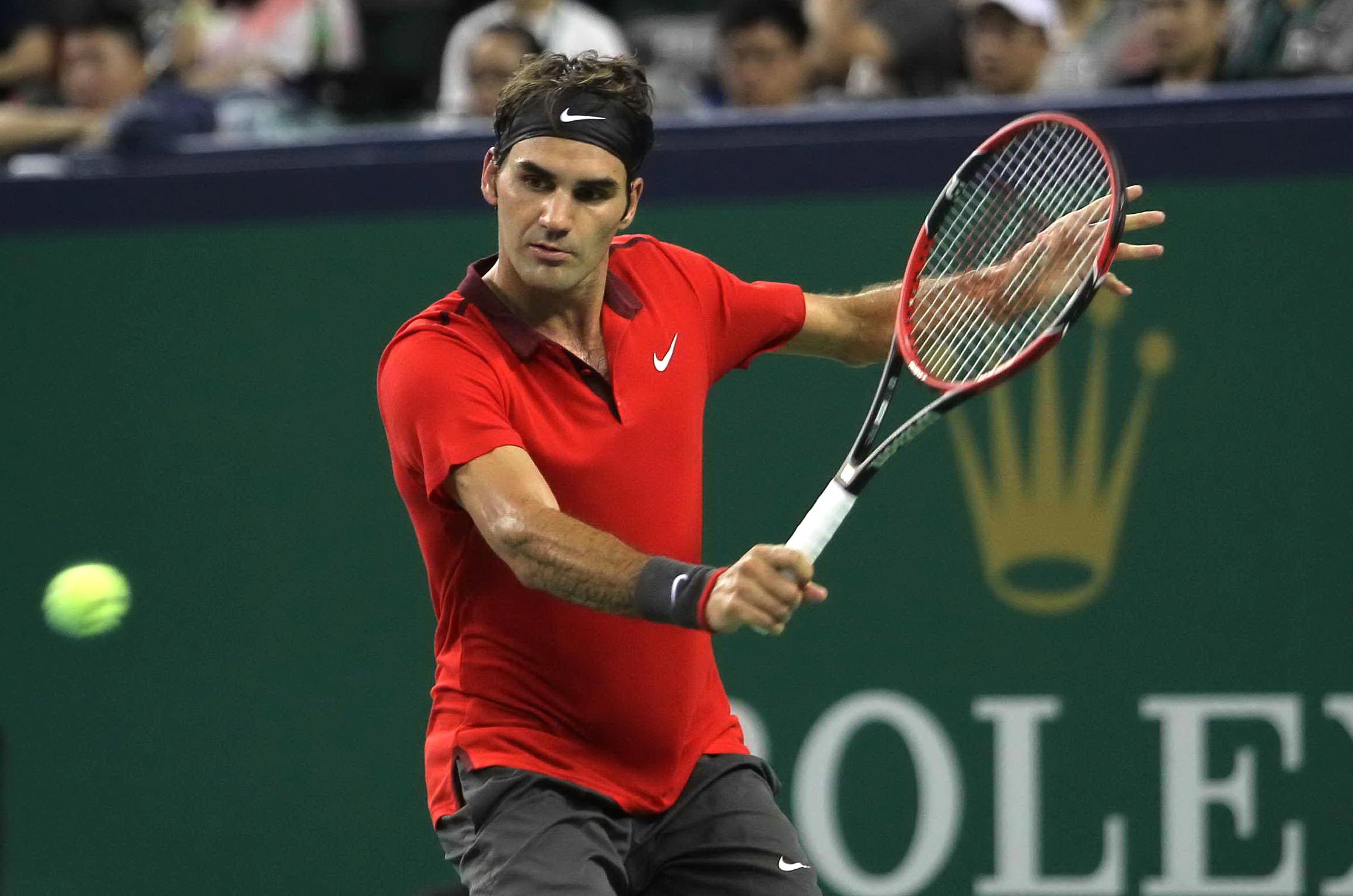
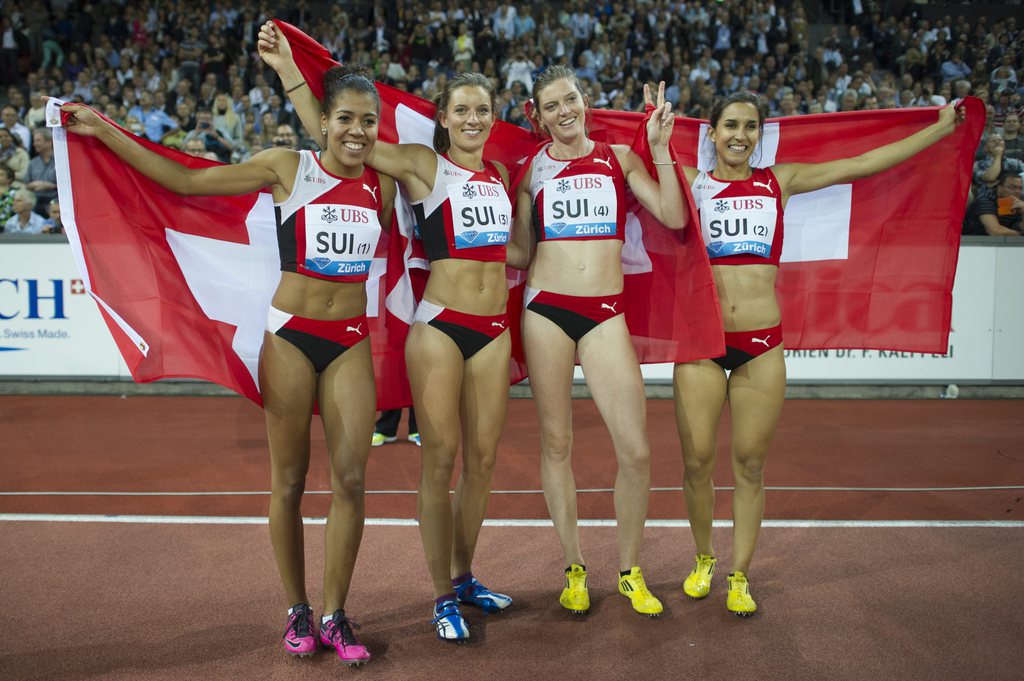
You can find an overview of ongoing debates with our journalists here . Please join us!
If you want to start a conversation about a topic raised in this article or want to report factual errors, email us at english@swissinfo.ch.